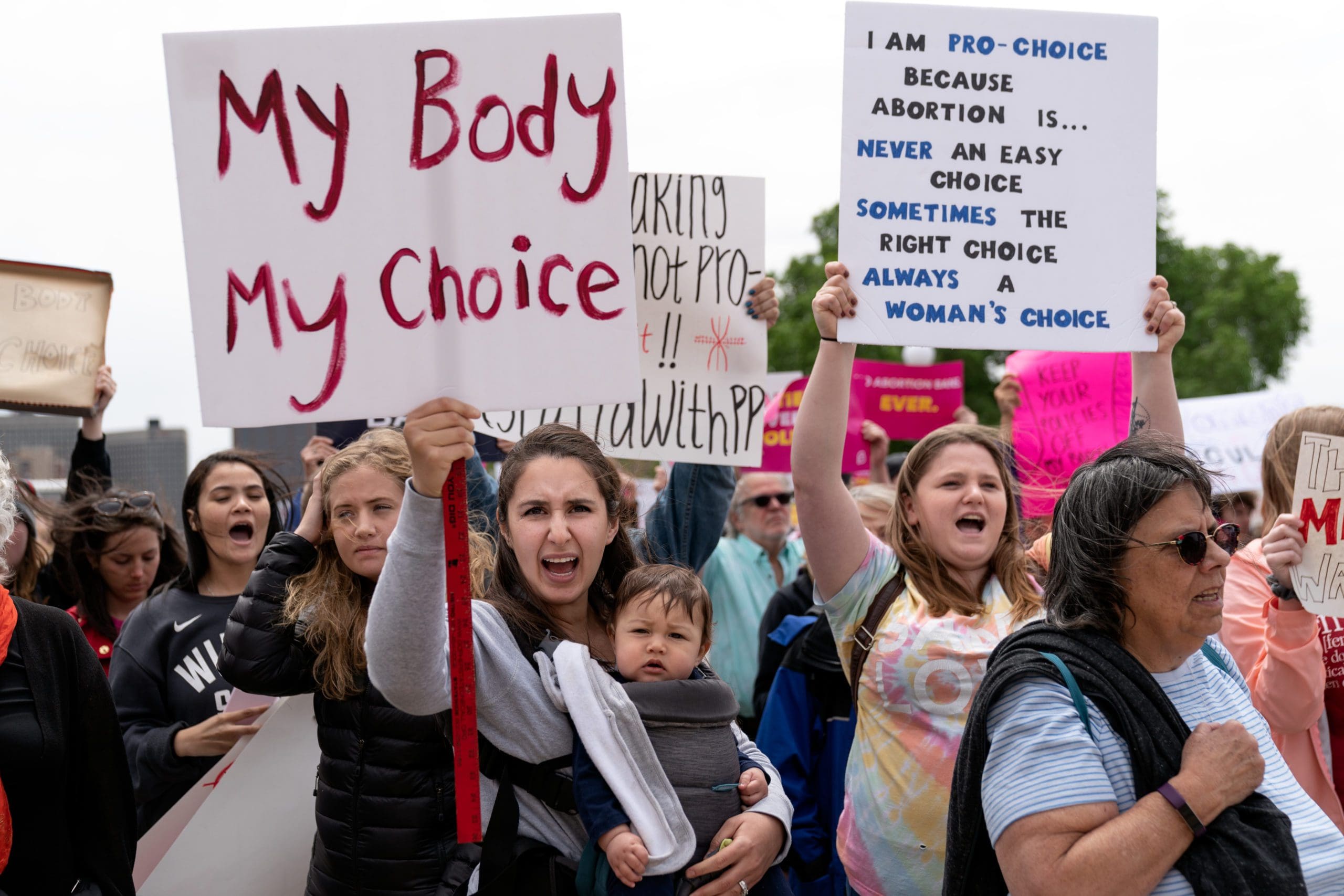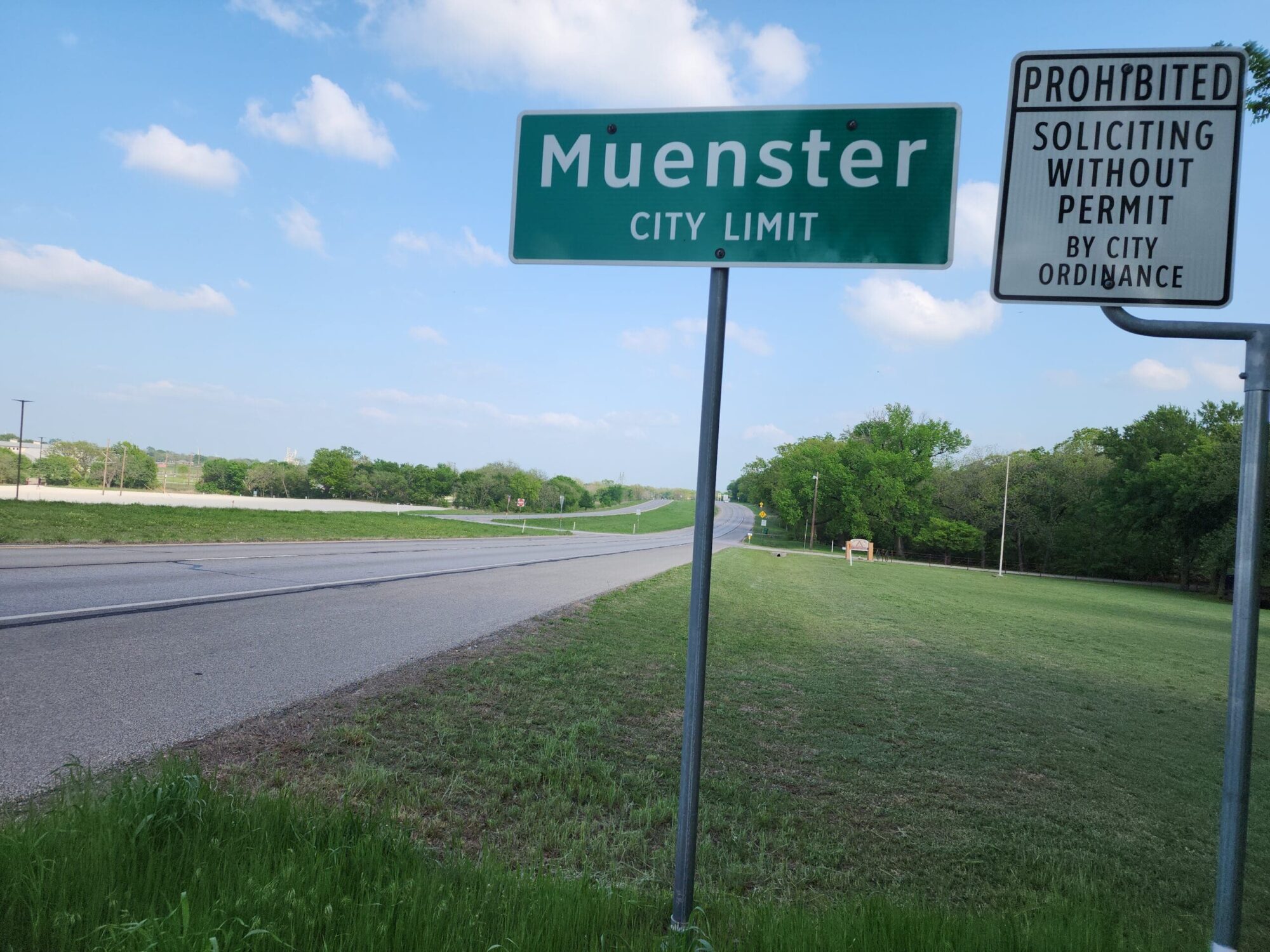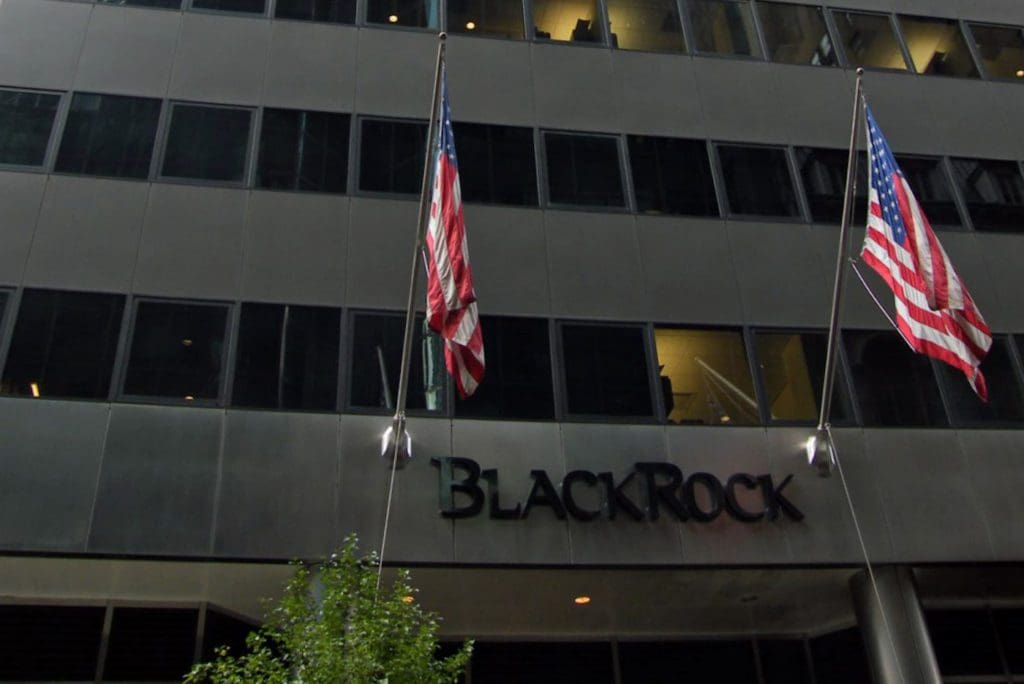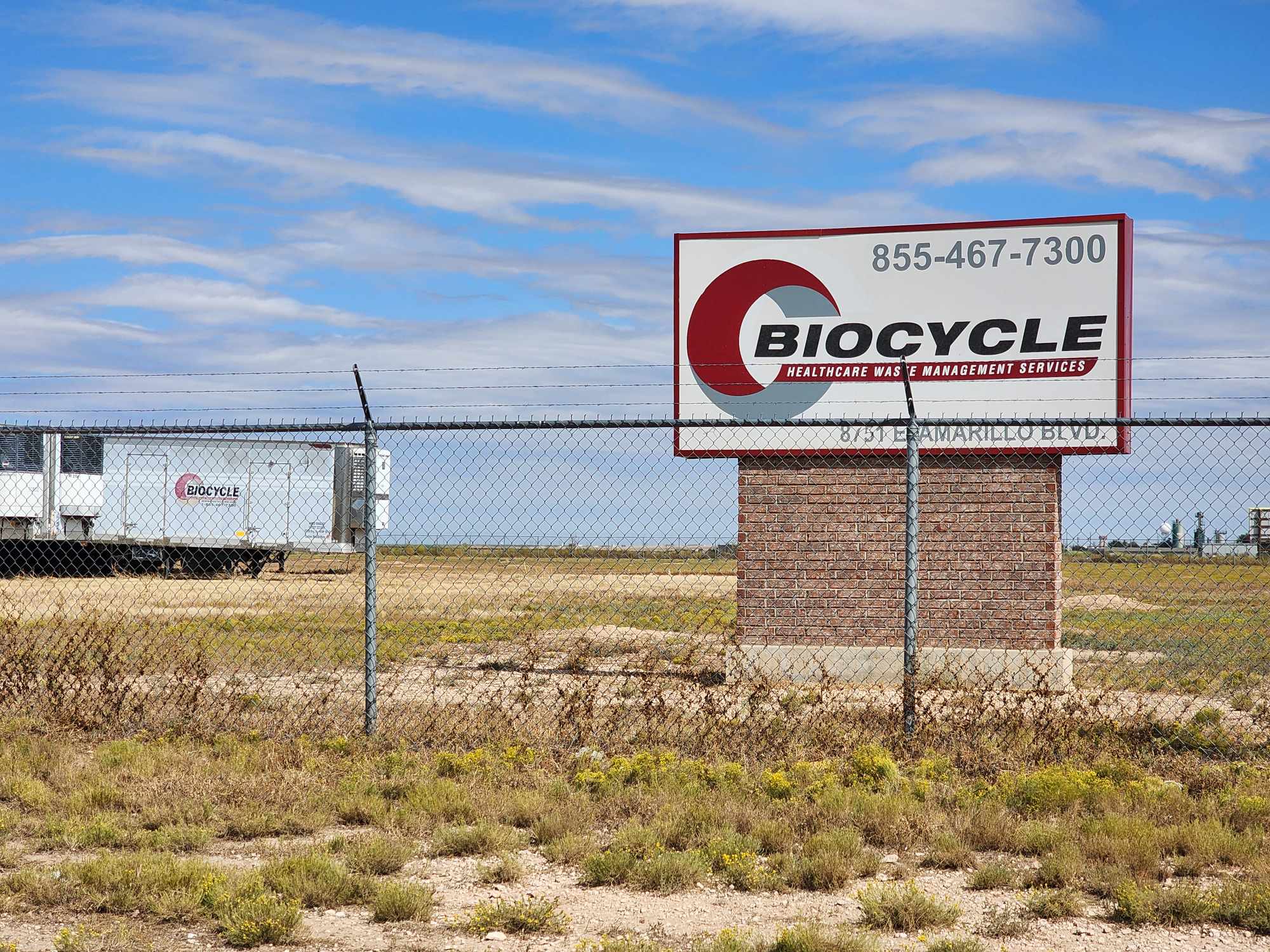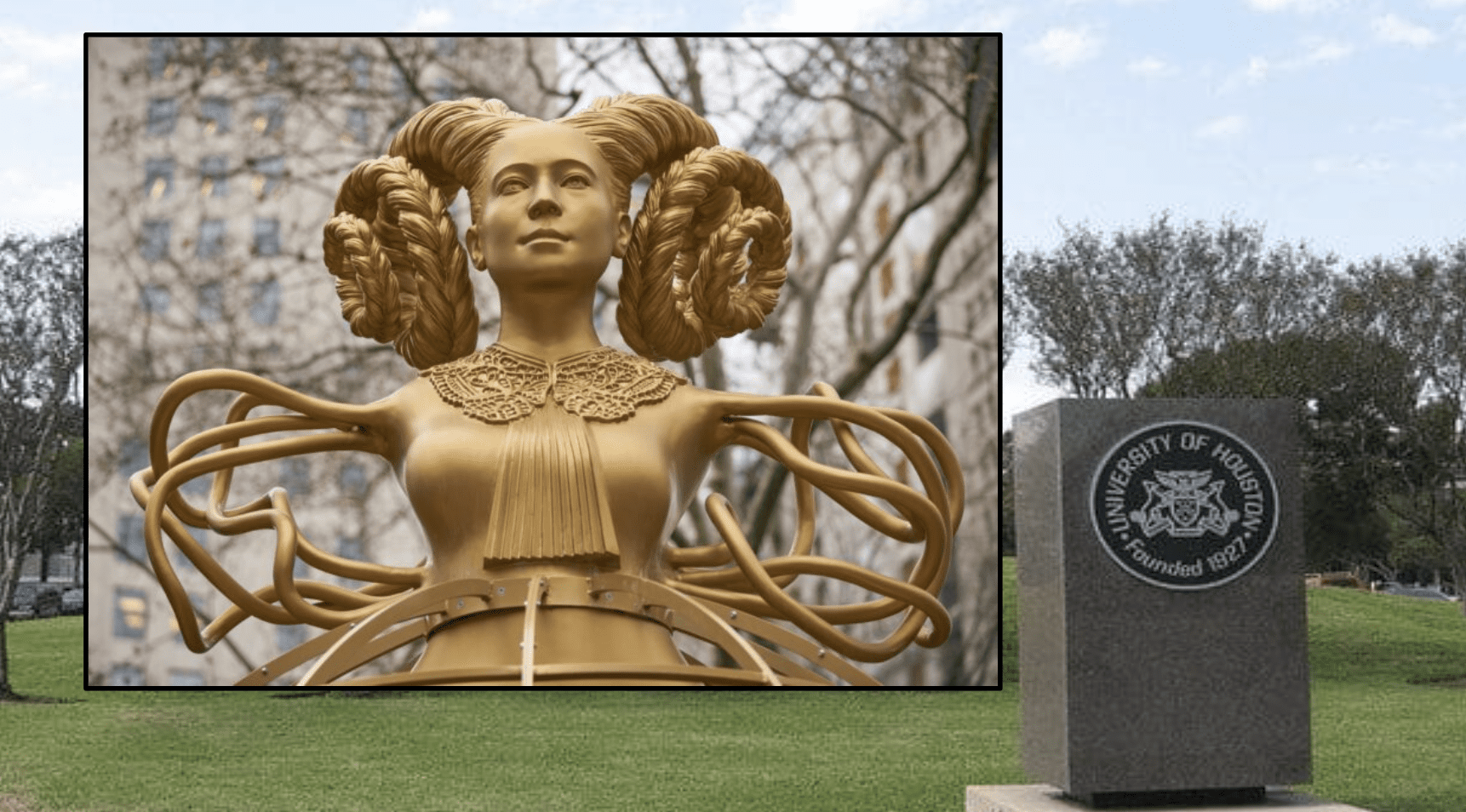After Roe v. Wade was overturned by the Supreme Court, different abortion clinics asked the courts to put a temporary pause on the pre-Roe law that would essentially make abortion illegal in Texas.
A Harris County judge granted the temporary pause on Tuesday, leading Texas Attorney General Ken Paxton to say the laws outlawing abortion are still “100% in effect & constitutional.” Paxton added that he would immediately appeal the decision.
Today a Harris County judge froze pre-Roe laws criminalizing abortion in TX. But w/ SCOTUS’s Dobbs decision, these laws are 100% in effect & constitutional. The judge’s decision is wrong. I’m immediately appealing. I’ll ensure we have all the legal tools to keep TX pro-life!
— Attorney General Ken Paxton (@KenPaxtonTX) June 28, 2022
As abortionists continue to cling to their abortion tables, there are still laws that weren’t ruled on that could still prosecute anyone who performs an abortion.
Texas Right to Life says Chapter 19 of the Texas Penal Code, which prohibits homicide, does not apply to the death of an unborn child if the conduct is a “lawful medical procedure.” However, because of the overturning of Roe v. Wade and no subsequent repeals of Texas law, abortion is no longer a lawful medical procedure in the state.
“Although some government officials are temporarily blocked from enforcing the pre-Roe statutes against certain abortion facilities, the law is still valid and abortion is no longer a ‘lawful medical procedure,’” noted Texas Right to Life attorney Emily Cook. “This means that abortion is considered homicide under the Texas Penal Code and can be prosecuted as such.”
The pre-Roe ban is a 1925 law intended to sentence anyone who performs an abortion with two to five years of prison time. Although the law was not enforceable after the Roe decision, it was never repealed by the Texas Legislature, putting it back into effect.
The plaintiffs fighting to keep abortion mills’ doors open for a few more weeks include Alamo City Surgery Center, Alamo Women’s Reproductive Services, Whole Women’s Health, and the Southwestern Women’s Surgery Center.
The clinics argue that the threat of the pre-Roe ban going into effect “is causing irreparable injury to plaintiffs and their physicians, nurses, pharmacists, other staff, and patients.”
Even with the temporary pause on outlawing abortion, the Heartbeat Act is still in effect, limiting abortion access.
Texas is among many other states whose trigger laws have been temporarily paused by judges. On Monday, judges in Utah and Louisiana issued similar rulings that would allow abortions to be accessible in the states.
The trigger law in Texas, however, is not affected by the judges’ temporary pause; it is still on track to become law in as soon as 30 days since the overturning of Roe.
Whole Woman’s Health—which has locations in Austin, McKinney, McAllen, and Fort Worth—indicated they would resume abortions.
“We are contacting the patients on our waiting lists, and we will resume services in our four Texas clinics and help as many people as soon as possible,” Amy Hagstrom Miller, chief executive of Whole Woman’s Health, said in a statement.
Another abortion clinic in San Antonio, Alamo Women’s Reproductive Services, said they are planning to take as many patients as possible over the next few days, as they anticipate an appeal.
A separate hearing is set for July 12 to determine if a more permanent ban on the pre-Roe laws will go into effect.
